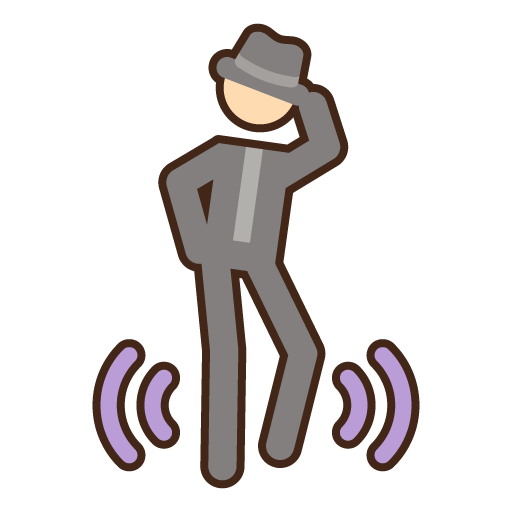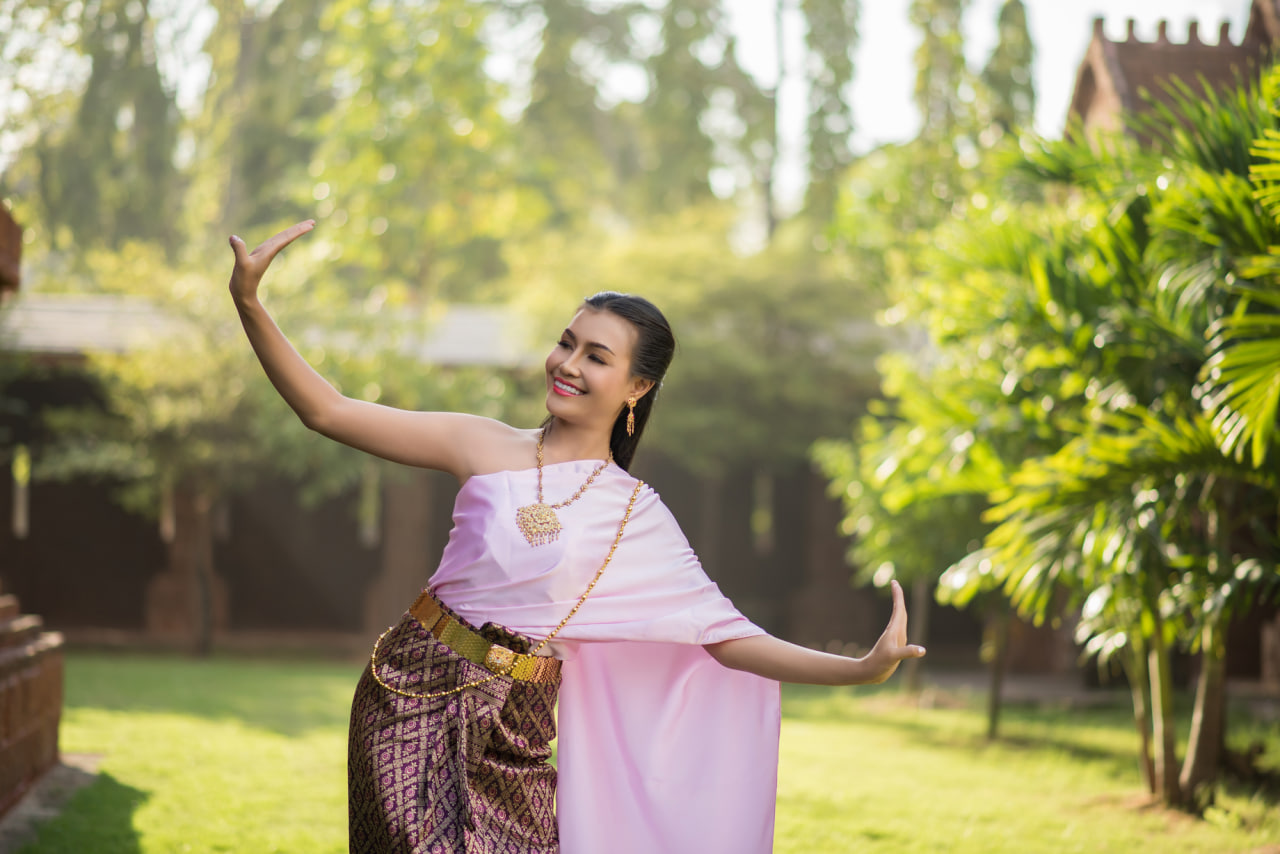Dance has always been a powerful form of human expression, but ethnic dance carries an extra dimension: it blends movement with culture, storytelling, and tradition. Beyond the joy of learning steps, ethnic dance offers a wide range of benefits for both the body and the mind. Whether performed in a classroom, on stage, or in a community gathering, it nurtures health, confidence, and connection. Here are five reasons why learning ethnic dance can positively transform your life.
Physical Fitness Through Rhythmic Movement
Ethnic dances often involve dynamic steps, coordinated footwork, and full-body movements that provide excellent exercise. Unlike repetitive workouts, dance feels more like play, which makes it easier to stay motivated. The variety of rhythms and patterns challenges balance, coordination, and stamina, giving the body a complete workout. From the energetic leaps of Eastern European folk dances to the grounded movements of African traditions, each style helps strengthen muscles, improve posture, and increase endurance while keeping the body engaged and active.
Mental Stimulation and Memory Training
Learning ethnic dance is not just about moving the body — it also sharpens the mind. Memorizing sequences, adapting to rhythms, and synchronizing with music require concentration and cognitive flexibility. Studies show that dancing supports memory retention and even helps reduce the risk of age-related cognitive decline. Ethnic dance adds another layer of mental stimulation by introducing cultural context, symbolic gestures, and stories that encourage dancers to think beyond technique. This combination of memory, rhythm, and meaning makes every class a workout for the brain as well as the body.
Emotional Well-Being and Stress Relief
Movement has always been a natural way to release emotions, and ethnic dance is especially effective in this role. The music, cultural background, and group atmosphere create a sense of belonging that reduces stress and uplifts mood. Many traditional dances were originally created as collective expressions of joy, resilience, or spirituality, and that emotional depth still resonates with modern learners. Participating in these dances helps release tension, increase endorphins, and cultivate a sense of happiness that carries over into daily life.
Cultural Awareness and Connection
One of the most unique benefits of ethnic dance is the cultural knowledge it imparts. Each dance tells a story — of harvests, rituals, celebrations, or social bonds. By learning these traditions, dancers gain a deeper appreciation for cultural diversity and heritage. This awareness nurtures empathy and respect, making dance a bridge between people of different backgrounds. For those exploring their own roots, ethnic dance can also serve as a powerful way to reconnect with ancestry and identity, creating a link to history that is both personal and universal.
Building Confidence and Community
Ethnic dance is rarely a solitary pursuit. Classes and performances foster a sense of community where people encourage one another and celebrate progress together. Sharing the experience of learning and performing helps build social bonds and friendships. On a personal level, mastering steps and performing in front of others increases self-confidence and self-expression. The supportive environment of folk and ethnic dance communities ensures that dancers of all levels feel welcome, making confidence a natural outcome of participation.
A Holistic Experience of Mind and Body
Ethnic dance is more than exercise, more than art, and more than cultural practice. It is a holistic experience that nurtures the body through movement, stimulates the mind through rhythm and memory, and strengthens the heart through emotional and social connection. For anyone seeking a healthier, more fulfilling lifestyle, ethnic dance offers a path that combines tradition with transformation, reminding us that movement can heal, inspire, and unite.

